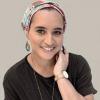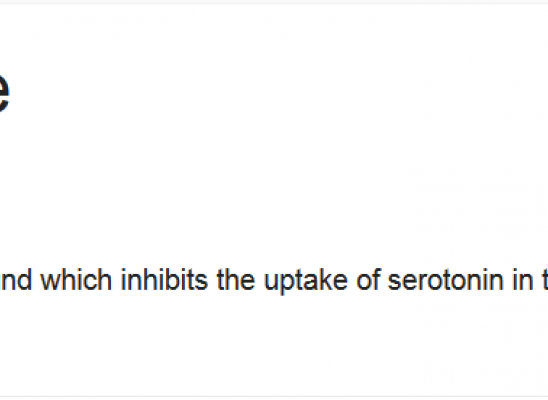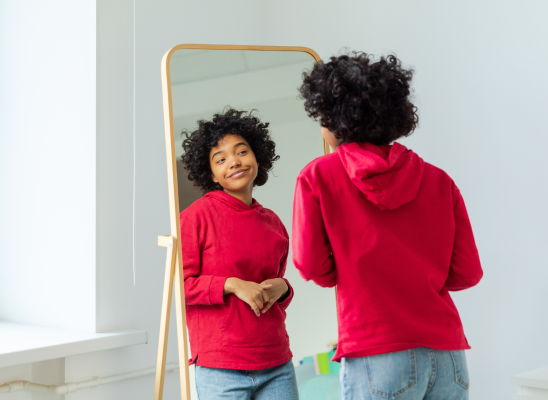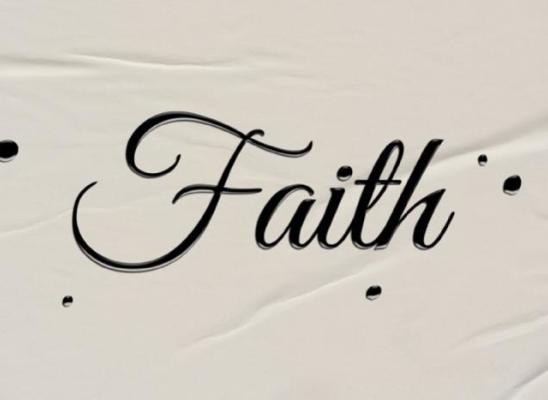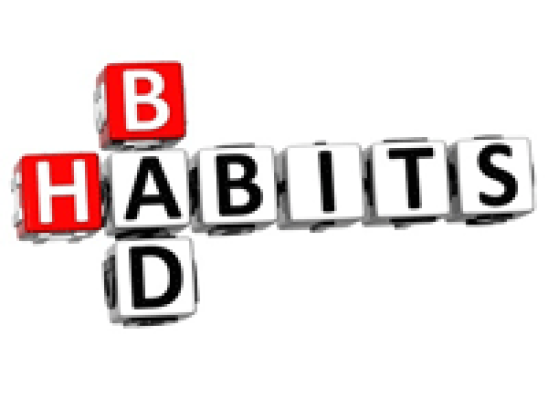New research on efficacy of meds used for trich

Online test
Find out the severity of your symptoms with this free online test
 Trichotillomania can be a debilitating condition and the road to recovery is long and ongoing. Although cognitive behavioral therapy (CBT) has shown to be the most effective type of treatment approach for trichotillomania, many people ask about the availability of a medicinal cure. To date there is no single pharmacological treatment that has been seen to be an effective 'cure' for trichotillomania. There are however a number of medications that have shown to reduce the urge to pull in hair pullers, which greatly increases the chance of successful CBT treatment. However not all medications identified for trich will work for everyone and there are different categories of medications that are commonly prescribed. One type of medication known as selective serotonin reuptake inhibitors (SSRIs), commonly prescribed anti-psychotic used to treat depression, is a class of drug also commonly used to augment trichotillomania treatment. However a recent research review by Reneta Slikboer from Swinburne University of Technology in Melbourne, suggests that fluoxetine, a popular SSRI in trich treatment, was not as effective as previously thought. Renata reviewed 12 studies comparing psychological and medication interventions against control groups and reports that:
Trichotillomania can be a debilitating condition and the road to recovery is long and ongoing. Although cognitive behavioral therapy (CBT) has shown to be the most effective type of treatment approach for trichotillomania, many people ask about the availability of a medicinal cure. To date there is no single pharmacological treatment that has been seen to be an effective 'cure' for trichotillomania. There are however a number of medications that have shown to reduce the urge to pull in hair pullers, which greatly increases the chance of successful CBT treatment. However not all medications identified for trich will work for everyone and there are different categories of medications that are commonly prescribed. One type of medication known as selective serotonin reuptake inhibitors (SSRIs), commonly prescribed anti-psychotic used to treat depression, is a class of drug also commonly used to augment trichotillomania treatment. However a recent research review by Reneta Slikboer from Swinburne University of Technology in Melbourne, suggests that fluoxetine, a popular SSRI in trich treatment, was not as effective as previously thought. Renata reviewed 12 studies comparing psychological and medication interventions against control groups and reports that:
"It doesn't actually decrease the symptoms. In fact, there is a possibility that it might increase the symptoms, so this is a major finding and is something that healthcare professionals really should know about."
That being said, there are other medications showing promise as a good accompaniment to psychotherapy. These include more naturally occuring substances such as the vitamin-B complex inosital and the amino acid N-acetyl cysteine (NAC) . It is important to remember though that any pharmacological routes should be explored under the guidance of your doctor, particularly if you are on other medication or have additional health concerns.
Online Test for Hair Pulling
How Severe is Your Hair Pulling Disorder? Find Out With This Free Online Test
Take the testSupport is more important
Compulsive hair pulling is a chronic condition so even the most effective treatment results needs to be continually maintained throughout the lifespan. Wile medication certainly can facilitate the treatment process, it is not the most important aspect of managing trich. Renata's research also suggests that group support is an effective treatment approach and is therefore establishing support groups across Australia for people with trich. People who compulsively pull out their hair will now receive the support they urgently need through a network of support groups being set up throughout Australia.
Online test
Find out the severity of your symptoms with this free online test
Start your journey with TrichStop
Take control of your life and find freedom from hair pulling through professional therapy and evidence-based behavioral techniques.
Start Now